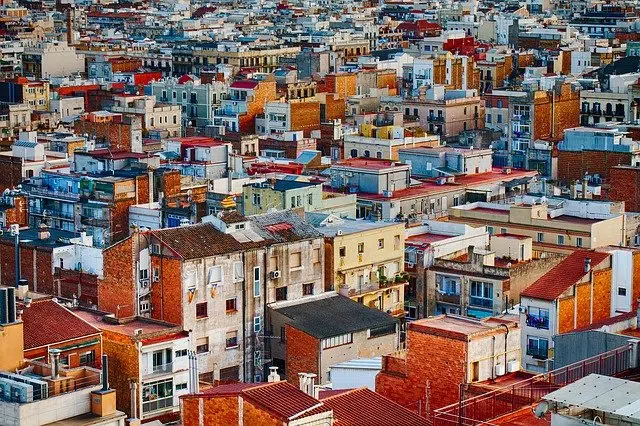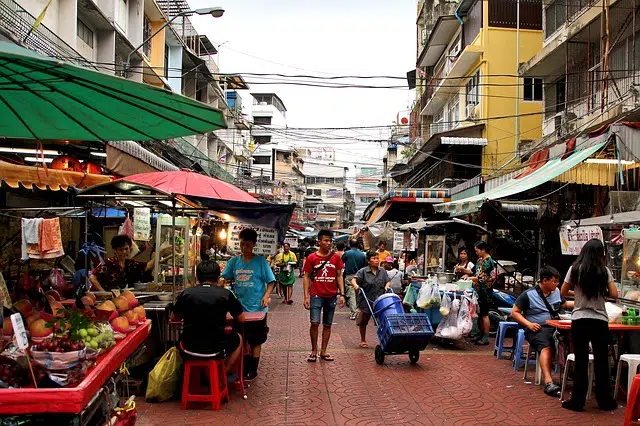
A neighborhood is a subdivision of a town or city.
A neighborhood is a subdivision of a city or town , which usually has its own identity and whose inhabitants have a sense of belonging . A neighborhood may have been born by an administrative decision by the authorities, by a real estate development (for example, a working-class neighborhood created around a factory) or by simple historical development.
The aforementioned sense of belonging and the identity of the inhabitants of a neighborhood generate antagonism with those who belong to another neighborhood. This is how the clubs in each area, for example, are seen as great rivals. In general, neighboring neighborhoods are the ones that have the most confrontations and those that exacerbate the antagonism.
In many countries , the notion of neighborhood is associated with disadvantaged populations and precarious housing . In this sense, a neighborhood would be what is known in Argentina as villa miseria , in Brazil as favela or in Uruguay as cantegril , for example.
Importance of the culture of each neighborhood
In Argentina, belonging to a neighborhood is very strong from a cultural point of view. The neighborhood is seen as a space of almost immovable traditions and practices, which managed to escape the advance of modernity and globalization. For this reason, the neighbors are proud to belong to one neighborhood or another. Even those who achieve economic success and move from a humble neighborhood to one with a higher socioeconomic level often express their affection for their neighborhood of origin and never stop recognizing themselves as part of it.
Neighborhoods usually have cultural centers , also called civic centers , where various activities are proposed for residents, generally at symbolic prices or, many times, for free; The most common are language, singing, plastic arts and acting lessons, and they are usually taught to groups. Furthermore, in cases of artistic courses it is normal for exhibitions to be organized every six months or at the end of the year, to bring together all the students and give them the opportunity to show their friends and family what they have learned.
Generally, these centers and their activities are looked down upon by those who have access to private classes taught by prestigious professors; However, many of its participants are truly talented and have many tools to make their vocation a career, although they lack enough money for the path of paid lessons . Neither age nor economic situation have any relationship with ability, and it is common for choirs or neighborhood theater groups to see people of a wide variety, and the exhibitions are a good opportunity to become known and get contacts that will help them. achieve your goals.

Fairs and street markets are often important in the life of a neighborhood.
Fairs and markets
Neighborhood fairs , overcoming regional differences, are events of very particular richness, given that they provide a large number of people from different backgrounds and professions with the opportunity to meet and exchange products and culture.
In general, they are characterized by centralizing a group of street markets in a square or closed street, where food and craft products are sold, and music and dance performances are usually offered.
Negative connotation of neighborhood
Another meaning of the term neighborhood, far from organizational and geographical issues, refers to negative qualities such as ignorance, neglect, lack of vocation and insecurity on public roads, among many others.
There are various phrases with a derogatory tone that use this word to disparage the subject in question; Saying that someone belongs to "the typical neighborhood mob" or that their behavior and way of dressing is "very neighborhood" certainly has no relationship with pride or a sense of belonging.
